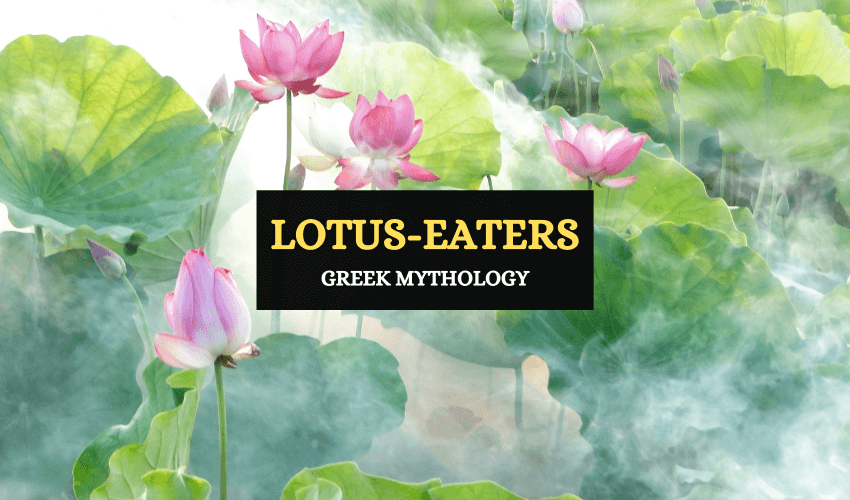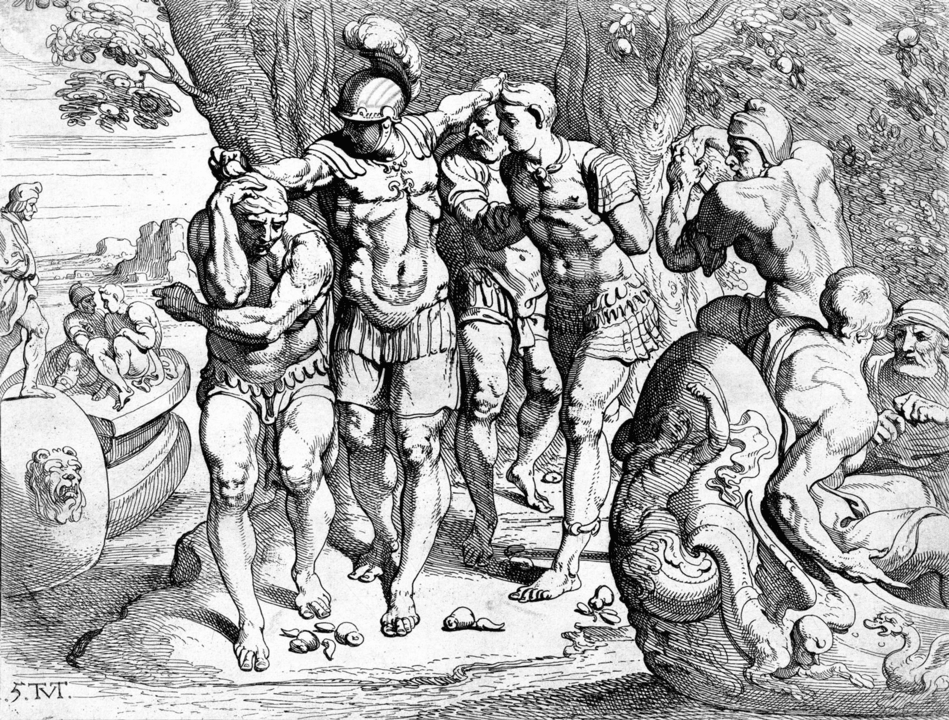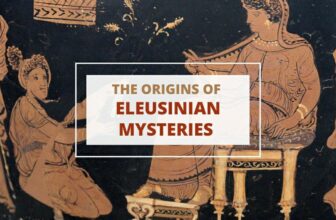
Table of Contents
The Lotus-Eaters are one of the most interesting groups of people described in the Odyssey. After the fall of Troy, Odysseus is on his way home to Ithaca and during this disastrous return, the hero is faced with many challenges and difficulties. His first stop was at the island of the Lotus-Eaters, or Lotophages, which makes this strange tribe part of a notable myth. Here’s a closer look at their story.
Who Were the Lotus-Eaters?
The Lotus-Eaters were a race of people who dwelt on an island in the Mediterranean Sea. Later sources have referred to this island as being near Libya. These people were called Lotus-Eaters because that’s what they did – they ate and drank food and beverages made from a lotus tree that grew on their island. The island teemed with lotus trees, and its seeds from which these people made their food and drink were addictive drugs.
The lotus caused people to forget their loved ones, disregard time, and in most cases never return home. Those who fell under its influence felt apathetic, relaxed and completely unaware of the passing of time.
The Lotus-Eaters and Odysseus
After a strong wing threw Odysseus’ fleet off its course, Odysseus and his men ended up in the land of the Lotus-Eaters. The tribe invited the men to eat with them and enjoy the food. Unaware of the risks it involved, Odysseus and his crew accepted the invitation. However, after eating and drinking, they forgot their goal to return home to Ithaca and became addicted to the substance.

When Odysseus heard what was happening to his men, he went to their rescue. With some of his sailors who were not under the influence of the lotus food, he dragged the drugged men back to the ships. Their addiction was such that Odysseus had to chain them in the lower decks of the ship until they had sailed away from the island.
What Is This Mysterious Lotus Plant?
In Ancient Greek, the word Lotos stands for several types of plants. Due to this, the plant the Lotus-Eaters used to create their food is unknown. The plant traditionally believed to be the one described in the myth is the Ziziphus lotus. In some accounts, the plant might have been the poppy since its seeds can be used to produce drugs. Some other candidates include the persimmon fruit, the blue waterlily of the Nile and the nettle tree. There is no consensus as to what exactly the plant is as described by Homer in the Odyssey.
Symbolism of the Lotus Eaters
The Lotus Eaters represent one of the challenges that Odysseus had to face on his way home – slothfulness. These were a group of people who had forgotten their purpose in life and who gave in to the peaceful apathy that came with eating the lotus.
The story can also be seen as a warning of giving into addictive behavior. Had Odysseus also eaten of the lotus plant, he would probably not have the will power to leave the island and continue his journey with his men.
The Lotus Eaters also remind us of the dangers of forgetting who we are and what we have set out to do. The Lotus Eaters themselves have no direction, making one wonder who they really were and what sort of lives they led before they fell under the influence of the lotus.
The Lotus Eaters in Modern Culture
In Rick Riordan’s Percy Jackson and the Olympians, the Lotus-Eaters do not live in the Mediterranean, but in Las Vegas. They run a casino in which they give people their drugs forcing them to stay inside forever and enjoy the delights of gambling. This depiction is used to parody the techniques of the casinos to keep people playing for a longer time.
In Brief
Although the Lotus-Eaters are not a prominent figure in Greek mythology, they were the first problem Odysseus had to face to return home. They presented the complications of becoming addicted to drugs and the importance of staying focused on one’s goal. Due to the importance of Odysseus’ myth in Greek mythology, the story of the Lotus-Eaters has become famous.








